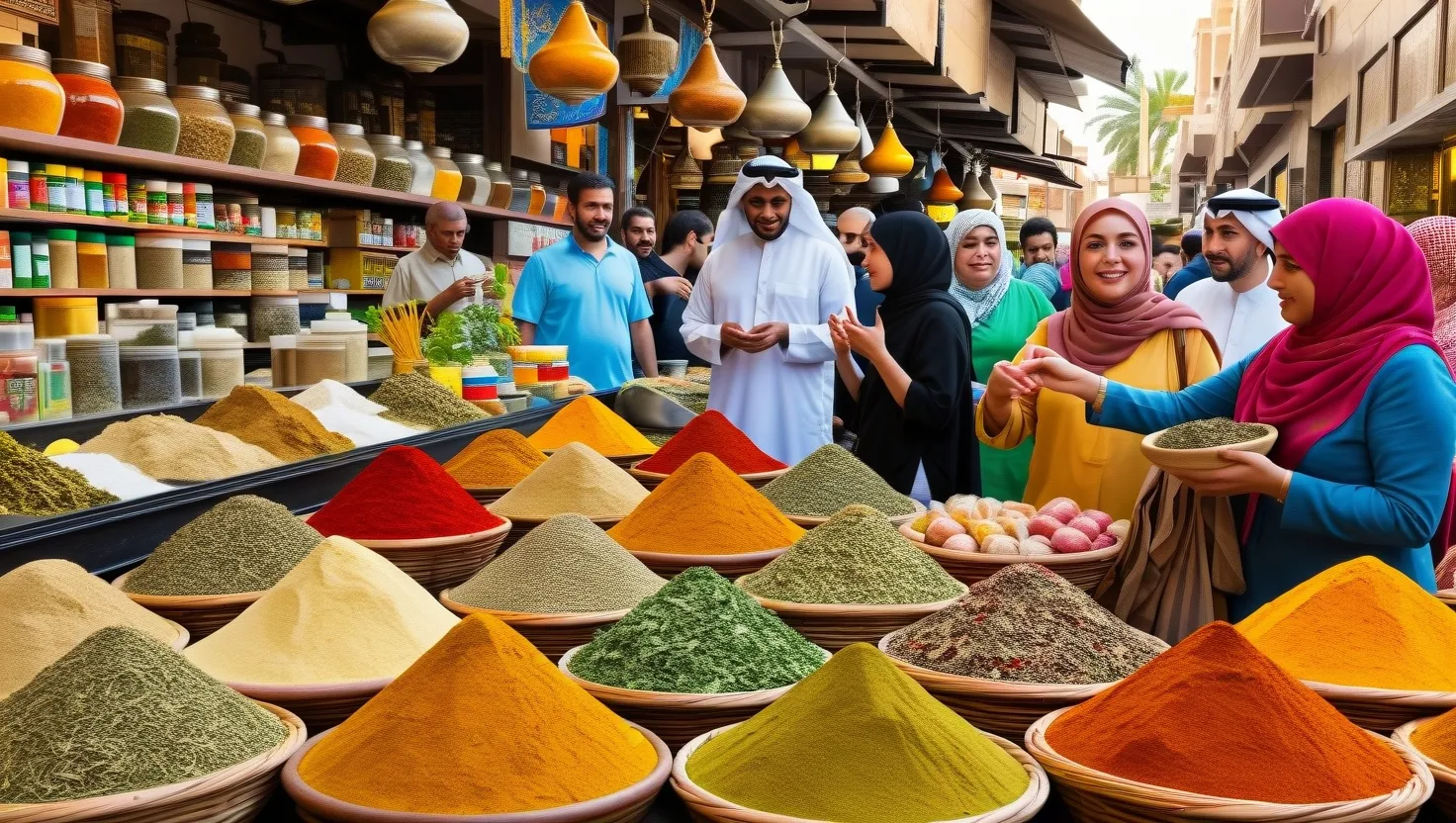As I walk through the bustling streets of my new hometown, the aroma of exotic spices and herbs wafts through the air, drawing me to a small, unassuming shop. The sign above the door reads “Amira’s Spices,” and the smell is unmistakable – a blend of cumin, coriander, and sumac that instantly transports me back to the vibrant markets of the Middle East. This is Amira’s story, a tale of resilience, cultural bridging, and the intricate dance of international trade.
Amira, a Syrian refugee, found herself in a foreign land with a dream to recreate a piece of her homeland. Her journey began with a simple yet profound idea: to open a spice shop. It wasn’t just about selling spices; it was about sharing a part of her culture, her heritage, and her story.
“When you lose your home, you lose a part of yourself,” Amira says, her eyes reflecting a mix of sadness and determination. “But when you find a way to share your culture, you start to rebuild.”
As Amira delved into the world of international trade, she encountered a labyrinth of regulations and complexities. Importing spices from her homeland was not a straightforward task. There were customs forms to fill out, tariffs to navigate, and the ever-present challenge of currency exchanges. Each step was a lesson in financial literacy, a skill she never thought she’d need but now couldn’t imagine living without.
“International trade is like a puzzle,” Amira explains. “Each piece must fit perfectly for the picture to be complete. It’s about understanding the rules, the markets, and the people.”
But Amira’s shop is more than just a business; it’s a bridge between cultures. The spices she sells are not just ingredients; they are stories, traditions, and memories. When customers walk into her shop, they are greeted by the warm aroma of cardamom and the rich flavor of pomegranate molasses. These scents evoke emotions, spark conversations, and create connections.
As the famous food writer, Anthony Bourdain, once said, “Your body is not a temple, it’s an amusement park. Enjoy the ride!” For Amira, this ride is about sharing the joy of flavors and the richness of her culture.
How do you think the smell of a particular spice can transport you to a different time and place? Have you ever experienced a scent that brought back vivid memories?
In Amira’s shop, you can find everything from the familiar cumin and coriander to the more exotic berbere and ras el hanout. Each spice has its own story, its own history, and its own significance in Syrian cuisine. When you buy a packet of spices from Amira, you’re not just buying an ingredient; you’re buying a piece of her story.
“Food is everything we are. It’s an extension of nationalist feeling, ethnic feeling, your personal history, your province, your region, your tribe, your grandma. It’s inseparable from those from the get-go,” Bourdain continued.
For Amira, this is more than just a business philosophy; it’s a way of life. Her shop is a melting pot of cultures, where people from different backgrounds come together to share in the joy of cooking and the richness of flavors.
As I browse through the shelves, I notice a group of women gathered around a table, chatting and laughing as they taste different spices. They are from various parts of the world – some are locals, others are refugees like Amira – but in this moment, they are united by their love of food and culture.
What role do you think food plays in bridging cultural gaps? Have you ever had a meal that made you feel connected to a different culture?
Amira’s journey is not without its challenges. There are days when the regulations seem insurmountable, and the financial struggles feel overwhelming. But she perseveres, driven by her passion for her culture and her determination to share it with the world.
“Success is not final, failure is not fatal: It is the courage to continue that counts,” Winston Churchill once said.
For Amira, this courage is not just about running a successful business; it’s about creating a community. Her shop is a place where people can come together, share stories, and learn from each other. It’s a place where the boundaries of culture and nationality are blurred, and all that remains is the shared love of food and the joy of connection.
As I leave Amira’s shop, I am filled with a sense of hope and resilience. In a world that often seems divided, Amira’s story reminds us of the power of culture and the importance of connection. Her spices are more than just ingredients; they are a bridge between worlds, a reminder that even in the most challenging times, there is always the possibility for growth, for connection, and for joy.
How do you think small businesses like Amira’s can impact their communities? What other ways can we bridge cultural gaps and foster connection in our daily lives?






